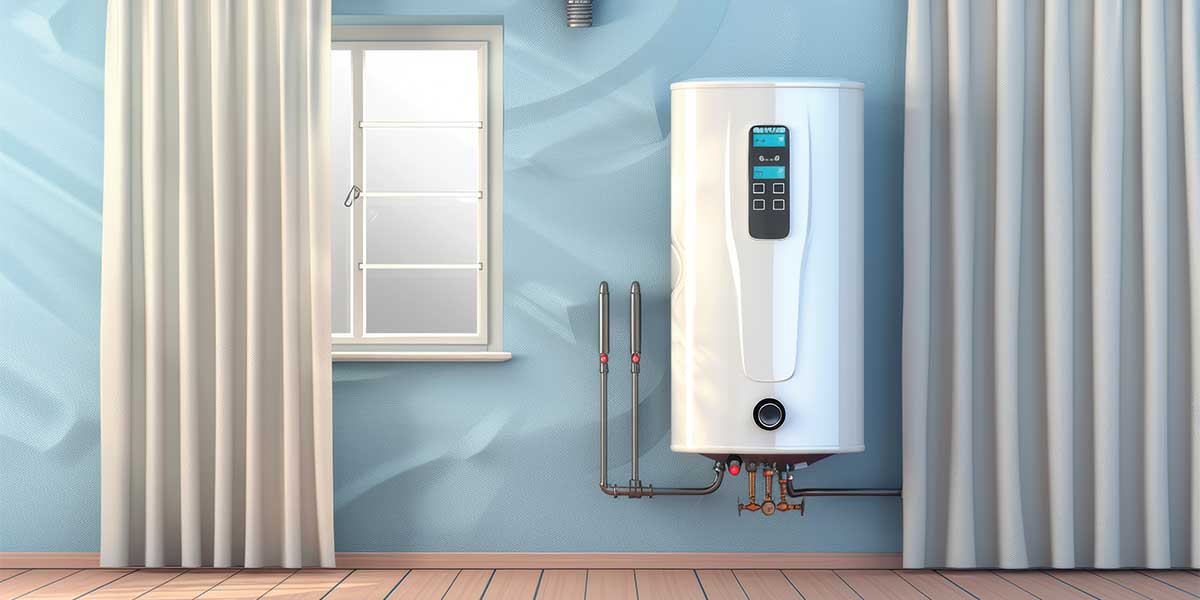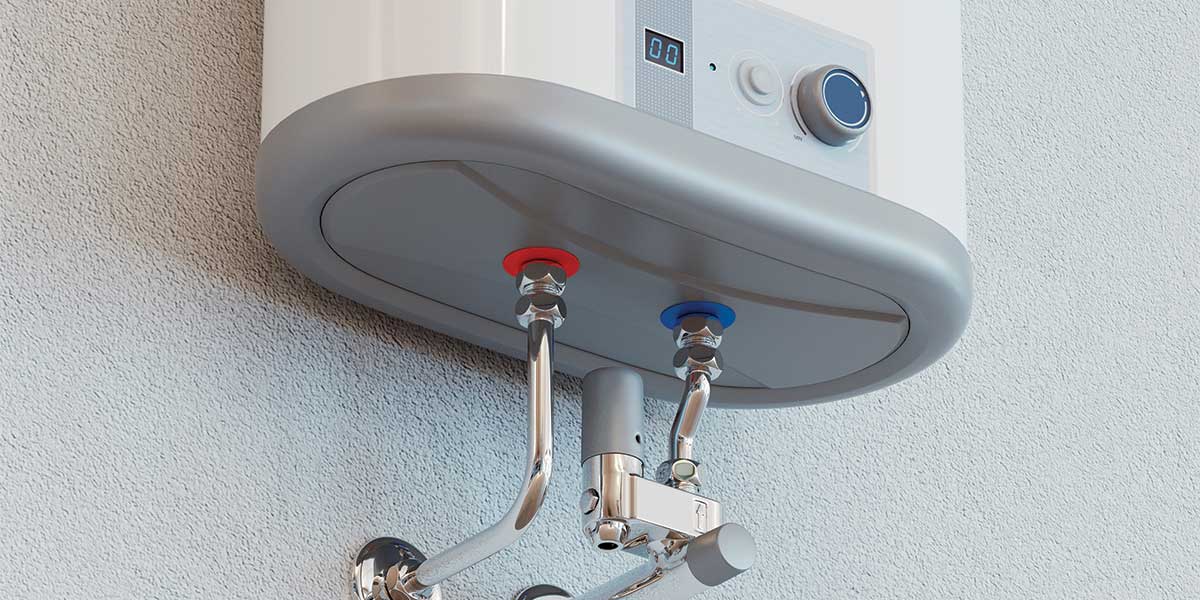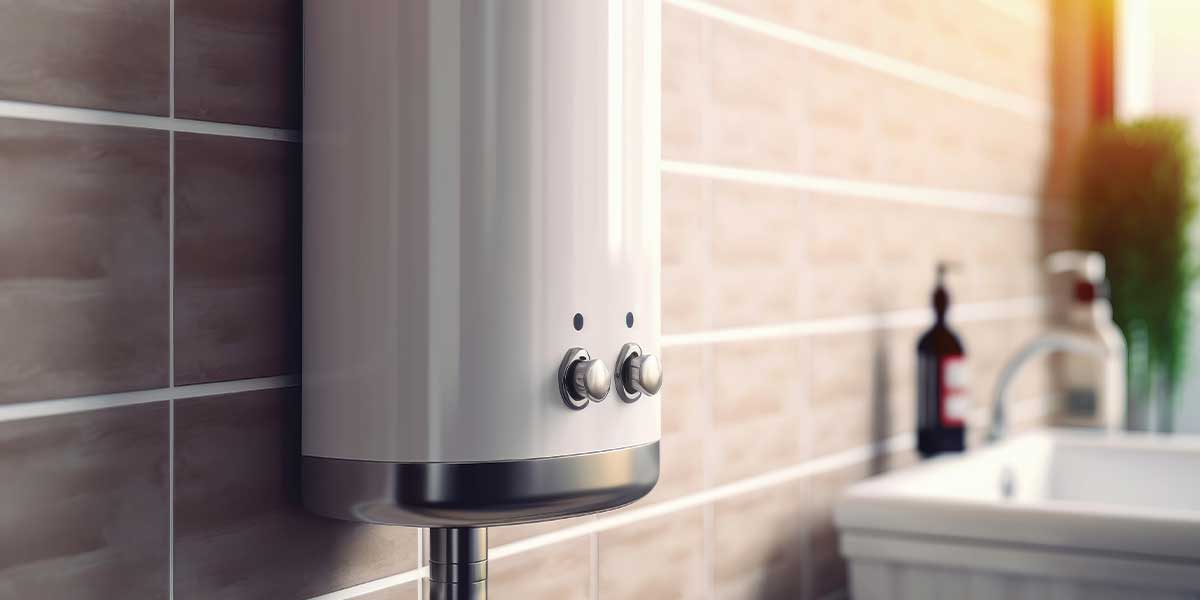When it comes to reliable hot water, electric water heaters have become the go-to solution for homeowners across Canada. They’re safe, efficient, environmentally friendly, and easier to install compared to their gas counterparts. If you’re considering an upgrade or wondering whether an electric water heater is the right fit for your household, you’re in the right place.
In this guide, we’ll dive into everything you need to know from safety and energy efficiency to types, maintenance, costs, and professional installation. Whether you’re new to homeownership or just want to replace an old system, here’s everything you need to know about electric water heaters.
Why Choose an Electric Water Heater?
1. Safety First
One of the primary reasons many homeowners choose electric water heaters is safety. Unlike gas water heaters, which rely on combustion and pose potential risks like carbon monoxide leaks or gas explosions, electric models are free from such dangers. This makes them especially suitable for homes with small children, elderly residents, or pets.
Electric heaters eliminate flammable gas exposure, pilot light malfunctions, and ventilation issues. With fewer hazardous components, electric models provide peace of mind.
2. Energy Efficiency
Electric water heaters have made strides in efficiency over the last decade. While they may have higher energy costs per unit compared to natural gas, electric heaters are often more energy-efficient overall—especially tankless or hybrid heat pump models.
With programmable settings, timer controls, and improved insulation, these units minimize heat loss and avoid running continuously. Tankless models, in particular, heat water on demand, eliminating standby energy waste.
✅ For energy-saving water heater options and buying tips, visit ENERGY STAR’s Water Heater Guide.

Types of Electric Water Heaters
Understanding the different models will help you choose the right unit for your lifestyle and energy needs. Here’s a quick overview of the main types:
1. Storage (Tank) Water Heaters
-
Most common option for households
-
Water is heated and stored in a large tank
-
Available in sizes from 30 to 80 gallons
-
Ideal for families with consistent hot water needs
-
Can lose energy due to standby heat loss
2. Tankless (On-Demand) Water Heaters
-
Heats water only when needed
-
8% to 34% more energy-efficient than storage models
-
Lower operational costs over time
-
Higher upfront cost
-
Requires strong electrical service for whole-house use
3. Heat Pump (Hybrid) Water Heaters
-
Extracts heat from air or ground to heat water
-
Uses up to 60% less energy than conventional electric heaters
-
Best for homes in warm climates with good ventilation
-
Higher purchase and installation cost
-
Requires more space than traditional units
Want to compare all the different types of water heaters before buying? Check out Consumer Reports’ Buying Guide for Water Heaters to make an informed decision.
Installation Considerations
Choosing the right size and type of electric water heater depends on:
-
Household Size: More people mean higher demand.
-
Water Usage Patterns: Frequent showers, dishwasher use, and laundry can quickly deplete hot water.
-
Available Electrical Capacity: Tankless and hybrid systems may need a dedicated circuit or panel upgrade.
-
Space Availability: Storage tanks require vertical space, while hybrids need adequate ventilation.
A certified electrician from Expert Electric can evaluate your needs, recommend the ideal solution, and ensure safe, code-compliant installation.
Cost Breakdown: Upfront vs Long-Term
Let’s talk dollars and sense.
Upfront Costs
-
Standard Tank Heaters: $500–$1,000 (unit only)
-
Tankless Heaters: $800–$1,500+
-
Hybrid Heaters: $1,200–$2,500+
Installation costs vary based on labor, upgrades, and permits. On average, professional installation adds another $500–$1,200.
Long-Term Costs
Electric water heaters are generally cheaper to maintain than gas units. They require fewer component replacements, no venting, and don’t suffer from gas valve issues. Monthly utility savings are especially noticeable with tankless and hybrid models.
Maintenance Tips for Longevity
Even the best electric water heaters need TLC. Regular maintenance helps improve performance and extends lifespan.
1. Flush the Tank Annually
Removes sediment buildup, which reduces efficiency and causes overheating.
2. Check the Anode Rod
Prevents internal rusting. Replace every 3–5 years, depending on water hardness.
3. Test the Temperature & Pressure Relief Valve
Ensure it’s functioning to avoid pressure-related hazards.
4. Insulate Pipes
Minimizes heat loss during the winter, increasing energy efficiency.

Common Questions about Electric Water Heaters
Q1: How long does an electric water heater last?
Most electric models last between 10 to 15 years with proper care. Tankless models can last up to 20 years.
Q2: Are electric water heaters better for the environment?
Yes. They produce no direct emissions, unlike gas models. If powered by renewable electricity, their environmental impact is minimal.
Q3: How do I know what size heater I need?
Here’s a rough guide:
-
1–2 people: 30–40 gallons
-
3–4 people: 40–60 gallons
-
5+ people: 60–80 gallons or a tankless model
Q4: Can I install one myself?
We don’t recommend it. Electrical codes and safety risks require licensed electricians. Expert Electric ensures safe, reliable installation.
Q5: Can I switch from gas to electric?
Yes, but it may require electrical upgrades. It’s a great option if you’re phasing out fossil fuels or prioritizing indoor air quality.
Final Thought
When it comes to home comfort and energy savings, understanding Electric Water Heaters: What You Need to Know makes all the difference. These systems provide a safer, cleaner, and often more cost-effective way to enjoy reliable hot water. Whether you choose a tank, tankless, or hybrid model, your decision should be guided by usage patterns, energy goals, and long-term value.
Expert Electric is here to walk you through the process dffrom selection and installation to service and upgrades. Our licensed electricians ensure you get the right system, installed safely, and operating efficiently for years to come.
Contact Expert Electric
Ready to make the switch or upgrade your current water heater?
📞 Call Us: 604-681-8338
📧 Email Us: info@expertelectric.ca
Whether you’re installing your first system or replacing an old one, our team at Expert Electric brings experience, professionalism, and precision to every project. Contact us today and discover how we can power your home with comfort, safety, and confidence.


